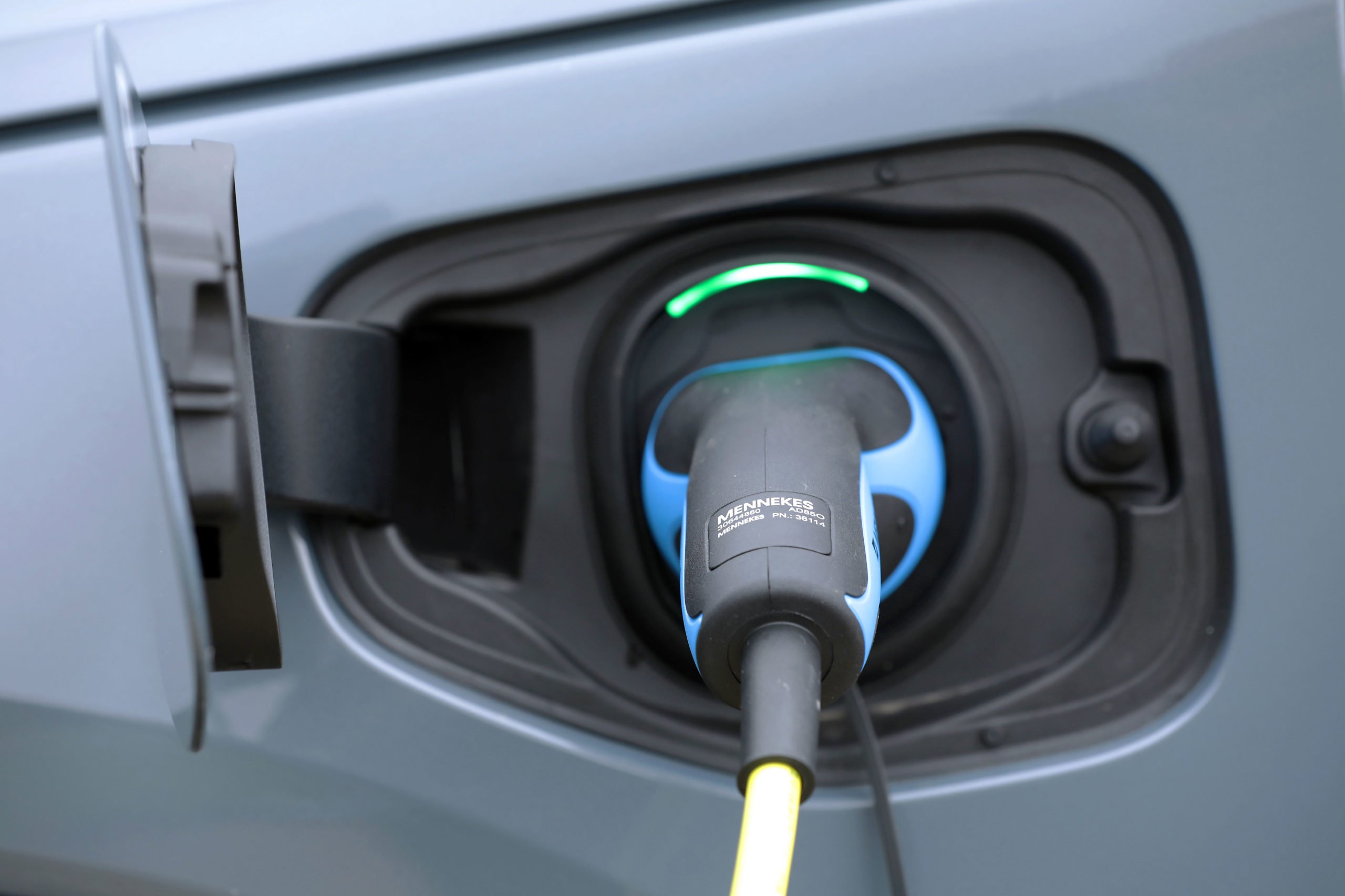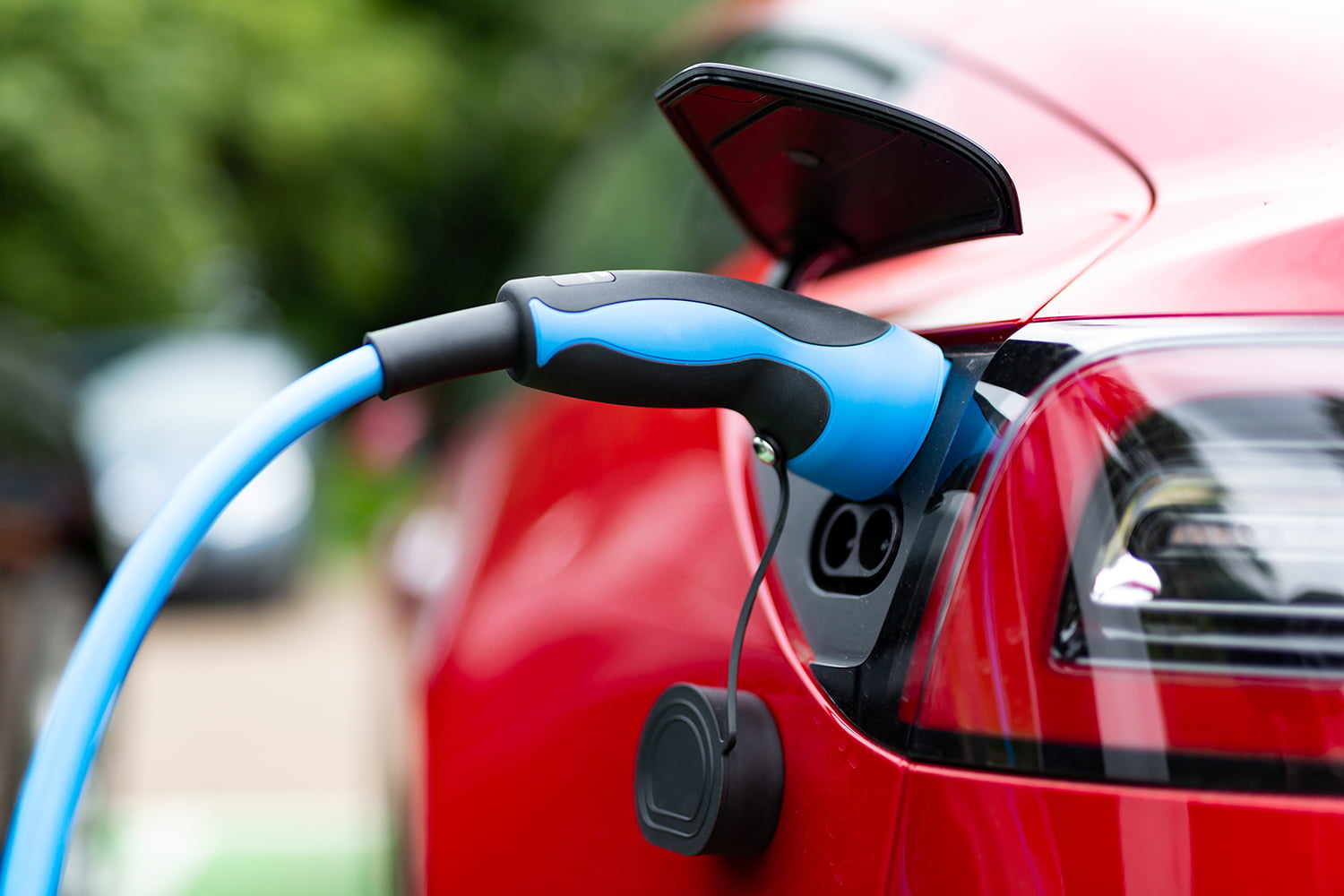
The coronavirus crisis remains a significant challenge, particularly as autumn approaches with cases rising and local lockdowns coming into force. But with little more than three months before the Brexit transition period expires, however, we have another immense threat ahead with uncertainty as to how we will trade with the EU come January 2021.
SMMT this week joined forces with the European Automobile Manufacturers Association and the European Association of Automotive Suppliers, plus 22 national associations including the German Association of the Automotive Industry and Comité des Constructeurs Français d’Automobiles, to call for the EU and UK to secure an ambitious free trade agreement without further delay.
Failure to do so would mean automotive businesses both here and in the EU will be forced to trade under World Trade Organisation non-preferential rules, including a 10% tariff on cars, up to 22% on vans and trucks. Such tariffs would almost certainly be passed on to consumers, making vehicles more expensive, reducing choice and impacting demand. Furthermore, it would make it almost impossible for many UK built vehicles to remain competitive in European markets unless manufacturers absorbed these additional costs, costs which would undermine their viability.
Negotiators across the Channel must now pull out all the stops to avoid ‘no deal’ at the end of the transition, which, according to new calculations, would severely compound the damage caused by global lockdowns. It would cost the pan-European automotive sector some €110 billion in lost trade over the next five years, putting jobs at risk in a sector that supports 14.6 million livelihoods, representing one in 15 of EU and UK jobs.
Meanwhile, the sector awaits a decision following the government’s consultation on ending the sale of new petrol, diesel and hybrid cars and vans earlier than the 2040 date set out in only a couple of years ago in the Government’s “Road to Zero policy”. 2035 is being discussed and there have been advocates this week of 2030.
While we applaud the ambition, such a challenging timescale would be insufficient for the industry to transition, threatening the viability of thousands of businesses whilst undermining sales of today’s low emission technologies. The range of electrified vehicles on the market today is ever increasing – but we need a fully-funded strategy that mandates a massive investment in infrastructure, supports a competitive UK industry and encourages consumers to make the switch.
Rather than safeguarding jobs and supporting the industry, pulling forward the phase-out date too much could have a devastating impact on the UK automotive industry which continues to invest heavily in both the supply and manufacture of low and zero emission technologies.
One such advanced technology that is critical to this transition is the plug-in hybrid. These vehicles provide a flexibility few other technologies can yet match with extended range for longer, out of town journeys, and battery power in urban areas, reducing emissions and improving city air quality. PHEV range and performance will continue to improve meaning that, for many motorists, they are the essential stepping-stone to a fully electric vehicle.
Finally, I’d like to congratulate the winners, and indeed everyone, in the Autocar Great Women in the British Car Industry 2020 announced this week. SMMT is proud to support these awards which play an important role in inspiring even more talent from across all backgrounds and genders to join us in shaping the future of mobility in the UK.


